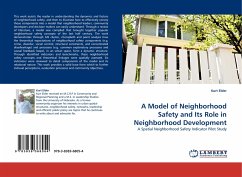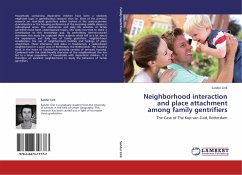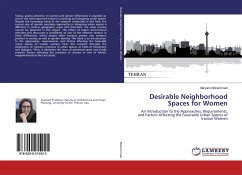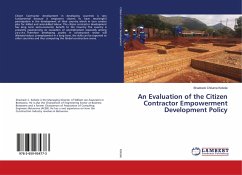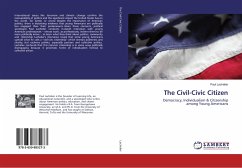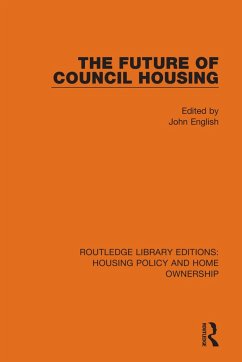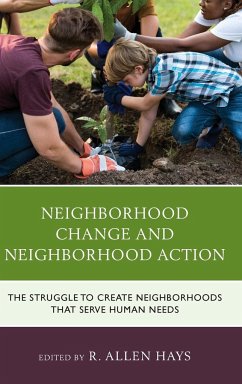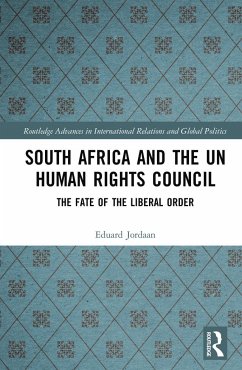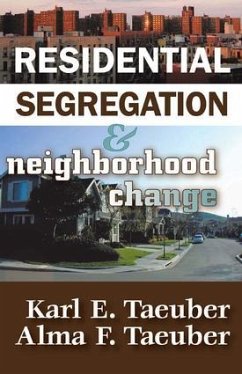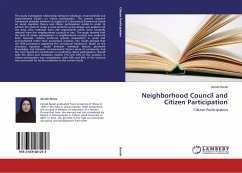
Neighborhood Council and Citizen Participation
Citizen Participation
Versandkostenfrei!
Versandfertig in 6-10 Tagen
47,99 €
inkl. MwSt.

PAYBACK Punkte
24 °P sammeln!
This study investigated relationship between individual, environmental and organizational factors on citizen participation. The present research framework provides evidence in support of a theoretical framework based on social cognitive theory and citizen participation model. In order to achieve the goals of study, a cross sectional survey design was applied and the data were collected from 250 respondents which were randomly selected from five neighborhood councils in Iran. The study showed that the level of citizen participation in neighborhood councils was moderate level; however, citizens ...
This study investigated relationship between individual, environmental and organizational factors on citizen participation. The present research framework provides evidence in support of a theoretical framework based on social cognitive theory and citizen participation model. In order to achieve the goals of study, a cross sectional survey design was applied and the data were collected from 250 respondents which were randomly selected from five neighborhood councils in Iran. The study showed that the level of citizen participation in neighborhood councils was moderate level; however, citizens preferred greater involvement in social and environmental rather than economical activities. The results showed that the SEM procedures supported the conceptual framework. Based on the structural equation model between individual factors, perceived knowledge and between environmental factors sense of community had the most significant contribution in predicting citizen participation. Overallwith the direct and mediation models 17% and 16% of the variation in citizen participation was unexplained; while 83% and 84% of the variance was accounted for by the predictors in the current study



